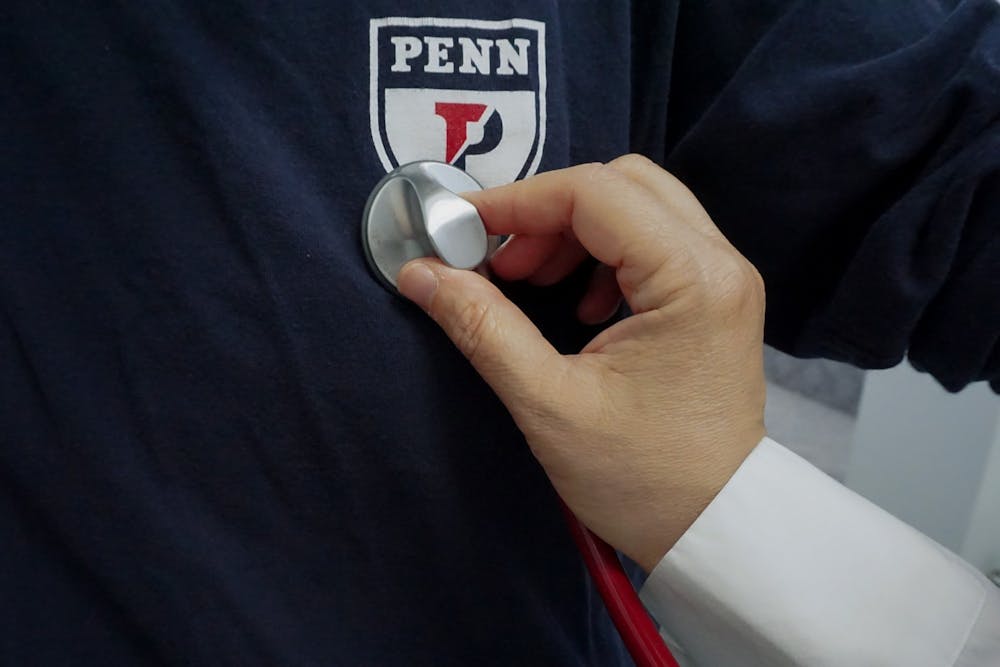
Quacquarelli Symonds ranked Penn Nursing as the top nursing school in the world for the sixth year in a row.
Credit: Sukhmani KaurPenn has been ranked the top University in the world for nursing for the sixth consecutive year by Quacquarelli Symonds, a UK higher education consultancy that publishes annual world University rankings.
Penn topped the nursing rankings with 95.5 total quality points, outperforming the nursing programs at King’s College London and Johns Hopkins University, which placed second and third, respectively. King's College earned a score of 94, while Johns Hopkins received 91.6 points. Yale University was the only other Ivy League institution ranked in the top 10, ranking No. 6 with 90.1 total points.
The Quacquarelli Symonds World University Rankings began releasing an annual list of the world's top universities in different subject areas in 2011. In 2016, Quacquarelli Symonds released its first ranking of nursing schools, in which it ranked Penn Nursing first. It has held the top position ever since.
A University’s ranking is determined by four distinct measures: academic reputation, employer reputation, research citations per paper published, and a score known as the "h-index," which measures the productivity and impact of scholars affiliated with the departments relevant to the measured subject area.
Penn Nursing Dean Antonia Villarruel said in a statement on Penn Nursing’s website that she was proud to see Penn Nursing’s recognition in the rankings, noting that the school’s commitment to social justice is part of what sets the program apart.
“Our School’s ongoing commitment to improving health and health care through innovation and advancing social justice is evident in everything we do—and our students, faculty, and alumni are leading the way in efforts to achieve health equity, particularly for under-resourced communities,” Villarruel said.
The Daily Pennsylvanian is an independent, student-run newspaper. Please consider making a donation to support the coverage that shapes the University. Your generosity ensures a future of strong journalism at Penn.
Donate







